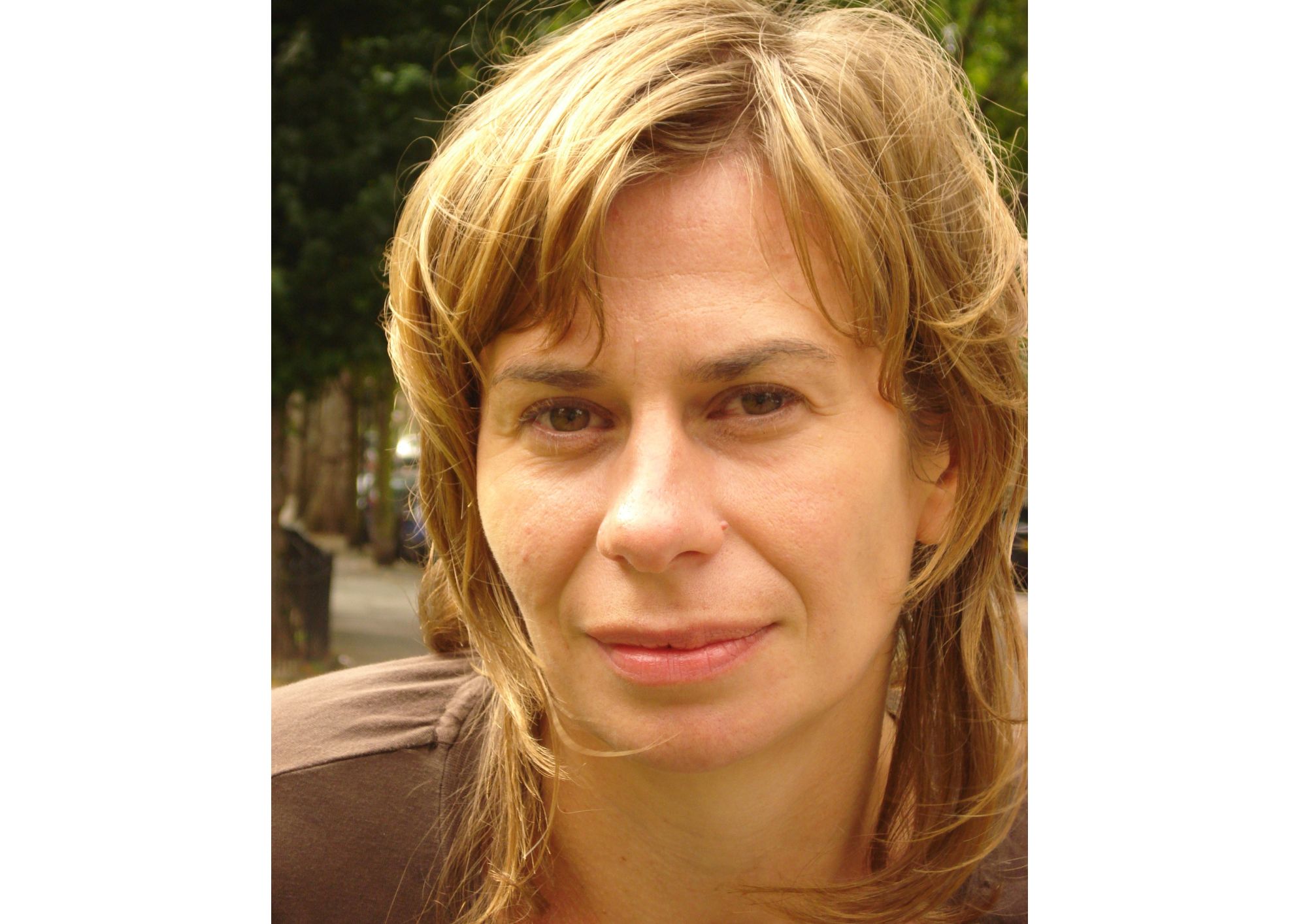IWD: Daily reality of stalking abuse
'The detective constable said he was very sorry, but he didn’t have the authority to do any more'
Monday, 11th March — By Chloe Ruthven

Chloe Ruthven
I HAVE worked for The Monitoring Group (TMG) for two years.
TMG is funded by the mayor’s office and we support victims of race hate. My colleagues and I try our damnedest to support our clients to get justice. The majority of the referrals we get are women, often single mothers.
The New Journal has previously reported on the racially motivated stalking and harassment of a Camden Council tenant, and one of our clients, Alice (not her real name).
It is one of the most serious cases we’ve dealt with. Despite threats on her life, none of the statutory services can help her.
Alice had been receiving a series of anonymous letters. They were put through her letterbox and left on her door mat. They were written in large scrawling words.
They used the vilest language against her and her seven-year-old daughter. The letters repeatedly called her the “N” word and a “Black c**t”.
They also insulted her daughter as a “mule” and “half-caste”, and made clear that they were “watching” her. The letters kept coming after she called the police, and followed her to two new properties where Camden Housing rehoused her.
The most recent letter said they were following her house moves. It said she would never get away and threatened to cut her and her daughter into pieces. Over the past couple of years, I have watched Alice change.
She went from a confident, self-possessed professional and mother to someone who needs high doses of medication to soothe her anxiety.
We have insisted that Camden Council rehouse her to ensure her safety, as they refused to install CCTV in the building. The council cited data protection breaches and technology compatibility issues. When the stalker tracked her to her new home, we got her rehoused again. We have now been told that she has run out of “managed moves”.
This is the term used by housing departments to move people when they aren’t safe in their home.
This is despite the fact that the perpetrator is still very much at large. After Alice and her daughter returned after a Christmas break, there was graffiti in the same scrawl outside her bedroom window, “Black bitch. F.U.” At the beginning we fought hard with the Met Police for this to be taken seriously.
We were assigned community police officers, who were sympathetic but without the authority to investigate properly.
Each incident was recorded as a separate case, rather than a string of interconnected crimes, which meant no one’s eyes were across it all. Finally, a detective constable was assigned to the case.
Someone with a name and face, a direct line, and an email. Last week, he called us to a meeting. He told us that they have no more resources. Even though they will kep the case open, there is nothing more the police can do.
“So this is going to be for the rest of my life?” Alice said in a small voice.
The detective constable said he was very sorry, but he didn’t have the authority to do any more. “What would you do if she was your daughter or partner?” I asked.
He looked uneasy.
The media is flooded with reports of rising hate crimes. There are also pledges to add security for vulnerable communities.
A few days ago a report on Wayne Couzens, who murdered Sarah Everard, came out. It spoke of the “red flags” that police ignored, which if they hadn’t might mean she would be alive today. Like Sarah, Alice is a young woman with a life ahead of her. I can’t help but feel that if Alice was white, her case would be taken more seriously.
The authorities and police would allocate the funds and expertise to find the vile person who is threatening her life.
Chloe Ruthven is an advocacy worker from The Monitoring Group
